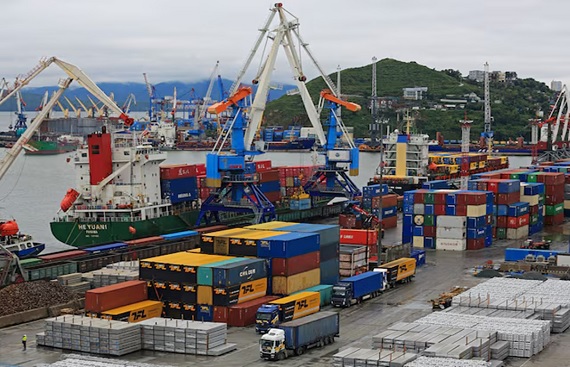India and New Zealand concluded the second round of FTA talks in New Delhi, advancing discussions on trade, investment, and economic cooperation.
Bilateral merchandise trade reached USD 1.3 billion in FY 2024-25, marking a 48.6% increase over the previous year.
The third round of negotiations will be held in New Zealand in September 2025, with virtual meetings planned to sustain momentum.
India and New Zealand have successfully concluded the second round of negotiations for the proposed Free Trade Agreement (FTA), achieving notable progress across key areas of trade, investment, and economic cooperation.
This round builds upon the momentum created by the meeting between India’s Commerce and Industry Minister Piyush Goyal and New Zealand’s Minister for Trade and Investment Todd McClay on March 16, 2025, when the FTA negotiations were formally launched. The initiative aligns with the shared vision set forth by Prime Minister Narendra Modi and New Zealand Prime Minister Christopher Luxon during the latter’s visit to India in March 2025.
The third round of negotiations is scheduled to take place in New Zealand in September 2025. Meanwhile, intersessional virtual meetings will help maintain the positive trajectory established in this round.
India’s bilateral merchandise trade with New Zealand reached USD 1.3 billion in FY 2024-25, marking a 48.6% growth over the previous year, reflecting increasing trade potential between the two nations.
The proposed FTA aims to boost trade flows, foster stronger investment ties, enhance supply chain resilience, and create a predictable and enabling business environment. As negotiations progress, the agreement is poised to serve as a cornerstone in strengthening India-New Zealand economic relations for the long term.
